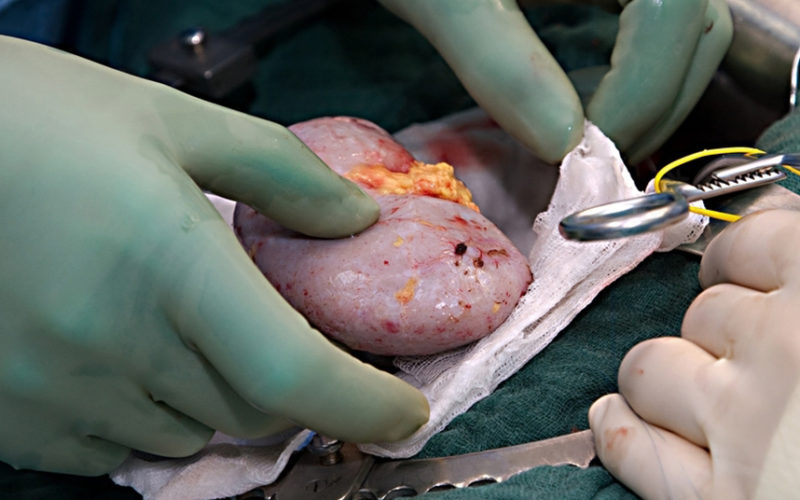Life after kidney transplant can be a significant improvement for those who were previously on dialysis or suffering from chronic kidney disease. However, it still requires significant lifestyle changes and medical care to ensure that the new kidney functions properly and to prevent rejection.
Here are some things to keep in mind:
- Medications: After a kidney transplant, patients will need to take immunosuppressive medications for the rest of their lives to prevent rejection of the new kidney. These medications can have side effects, such as increased risk of infections, high blood pressure, and osteoporosis. Patients must take these medications as directed by their doctor.
- Lifestyle changes: After a kidney transplant, patients may need to make significant lifestyle changes, such as avoiding alcohol and smoking, eating a healthy diet, and exercising regularly. These changes can help reduce the risk of complications and improve overall health.
- Follow-up appointments: Patients will need to have regular follow-up appointments with their doctor to monitor the function of the new kidney and adjust medications as needed. This will typically involve blood tests and imaging studies.
- Rejection: There is always a risk of rejection with a kidney transplant, and patients should be aware of the signs and symptoms of rejection, such as fever, swelling, and decreased urine output. Patients should contact their doctor immediately if they experience any of these symptoms.
- Emotional support: Living with a chronic illness can be challenging, and patients may need emotional support to help them adjust to life after a kidney transplant. This can include counseling, support groups, and connecting with other transplant recipients.
In summary, life after a kidney transplant can be a significant improvement, but it still requires significant medical care and lifestyle changes to ensure the new kidney functions properly and to prevent rejection.

